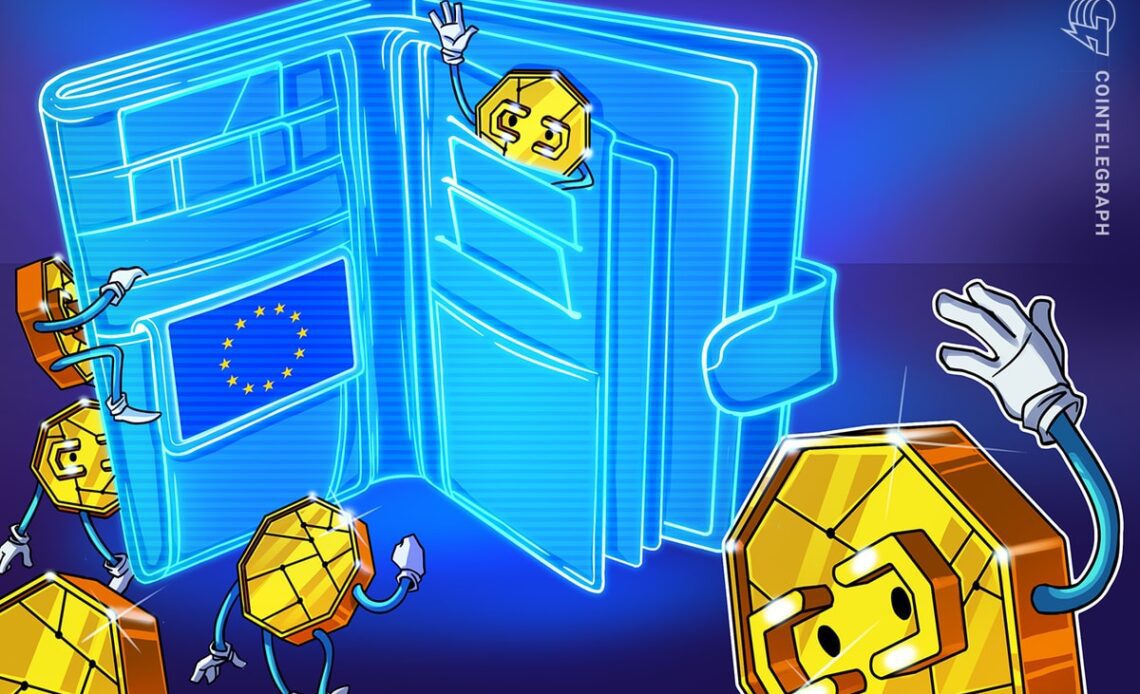On March 15, the European Parliament voted 418 to 103 (with 24 abstentions) in favor of negotiating a mandate for talks with the European Union member states about revising the new European Digital Identity (eID) framework and creating the “European Digital Identity Wallet,” also known as EUDI Wallet or EU wallet.
Citizen’s IDs, health cards, certificates and many other documents could soon be digitally stored in a smartphone application for EU citizens.
According to an official statement from the European Parliament, the system would allow citizens to identify and authenticate themselves online without relying on big commercial providers like Apple, Google, Amazon or Facebook.
The new eID framework will purportedly give EU citizens digital access to key public services across the EU. Citizens will remain in “full control of their data” and be able to “decide for themselves what information to share and with whom.”
European lawmakers have set an ambitious goal for this new wallet, aiming to bring it to 80% of the population by 2030. This could be achieved by mandating that the wallet be supported by e-government services and companies that have a legal requirement to identify their customers through Know Your Customer checks. It could require major online platforms like Google or Facebook to offer the EU wallet to log in to their services, with soft law and delegated acts that could require small and medium-sized enterprises to support the wallet.
Negotiations with the European Council on implementation would be the next step, but digital transformation and data protection experts have doubts and differing opinions about implementing the wallet.
Usability is the key to adoption
The EU wallet — like the current electronic ID cards in Germany and other European countries — will hardly be adopted by citizens in their daily lives if it doesn’t offer a good use case.
The challenge is to make it easier and more efficient for citizens to interact with public services and administrations, enabling authentication and verification processes, especially in the private sector.
According to Clemens Schleupner, policy officer of digital identity and trust services at Germany’s digital association Bitkom, the possibility of storing electronic IDs on a smartphone to use online as well as digitizing drivers’ licenses, health cards, passports, tickets, school reports, credit cards, membership certificates, etc., and combining them into one wallet…
Click Here to Read the Full Original Article at Cointelegraph.com News…
